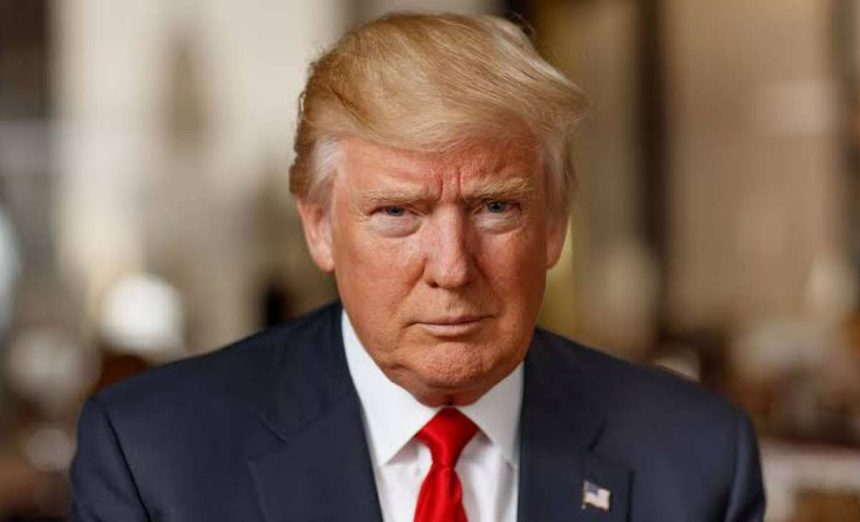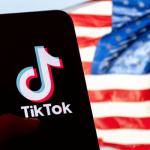The Supreme Court decided on Friday that a controversial ban on TikTok can go into effect this weekend.
The app’s owners had argued that the ban violated their First Amendment rights, but the court rejected their appeal... Continue reading here ▶
The decision was issued without identifying the individual justices involved, and there were no noted disagreements.
The Biden administration has expressed concerns about TikTok’s connections to China, calling it a serious national security risk.
The ban is set to start on Sunday, but it’s unclear how the government will enforce it, as this is the first time a major social media platform faces such restrictions.
The Supreme Court acknowledged TikTok’s popularity among 170 million Americans, who use it for creative expression, engagement, and building communities. However, the court sided with Congress, which prioritized national security concerns.
Congress has stated that TikTok’s data collection practices and ties to China are a threat, and it believes the app needs to be sold to address these risks. Former President Trump had previously sought to ban TikTok, citing similar concerns about its ability to collect large amounts of user data and potentially serve Chinese government interests.
Trump’s Role and TikTok’s Future
The ruling shifts attention to incoming President Donald Trump, who said he will decide how to proceed. Trump hinted he may take steps to delay or reverse the ban, especially if TikTok continues exploring a sale to a non-Chinese buyer. However, TikTok’s parent company, ByteDance, has insisted the app is not for sale.
Some lawmakers agree TikTok should be sold but believe China is blocking potential deals. They emphasize that any buyer should not have ties to the Chinese government. The law also allows the president to delay the ban by 90 days if there’s significant progress toward a sale.
Concerns Over Data Collection
The court focused heavily on TikTok’s collection of user data. The government argued that China could misuse this data for blackmail or manipulate content to serve its interests. The Supreme Court agreed that these security risks justify treating TikTok differently from other platforms.
The court also noted that its decision applies specifically to this case and does not set a broad precedent for other apps or platforms. TikTok’s vast data collection and vulnerability to foreign influence make it a unique case.
Justice Opinions
Conservative Justice Neil Gorsuch expressed concerns about whether the court applied the strictest legal standards to the case. Still, he agreed that the government had proven the law’s necessity. Liberal Justice Sonia Sotomayor emphasized that the law clearly involves First Amendment issues but agreed with the court’s overall decision.
The case highlights the challenges of addressing new technologies like TikTok. The justices stressed the importance of careful decisions that do not create long-term problems for future cases involving evolving technology.
This summary includes updates reflecting the latest developments in the story.


